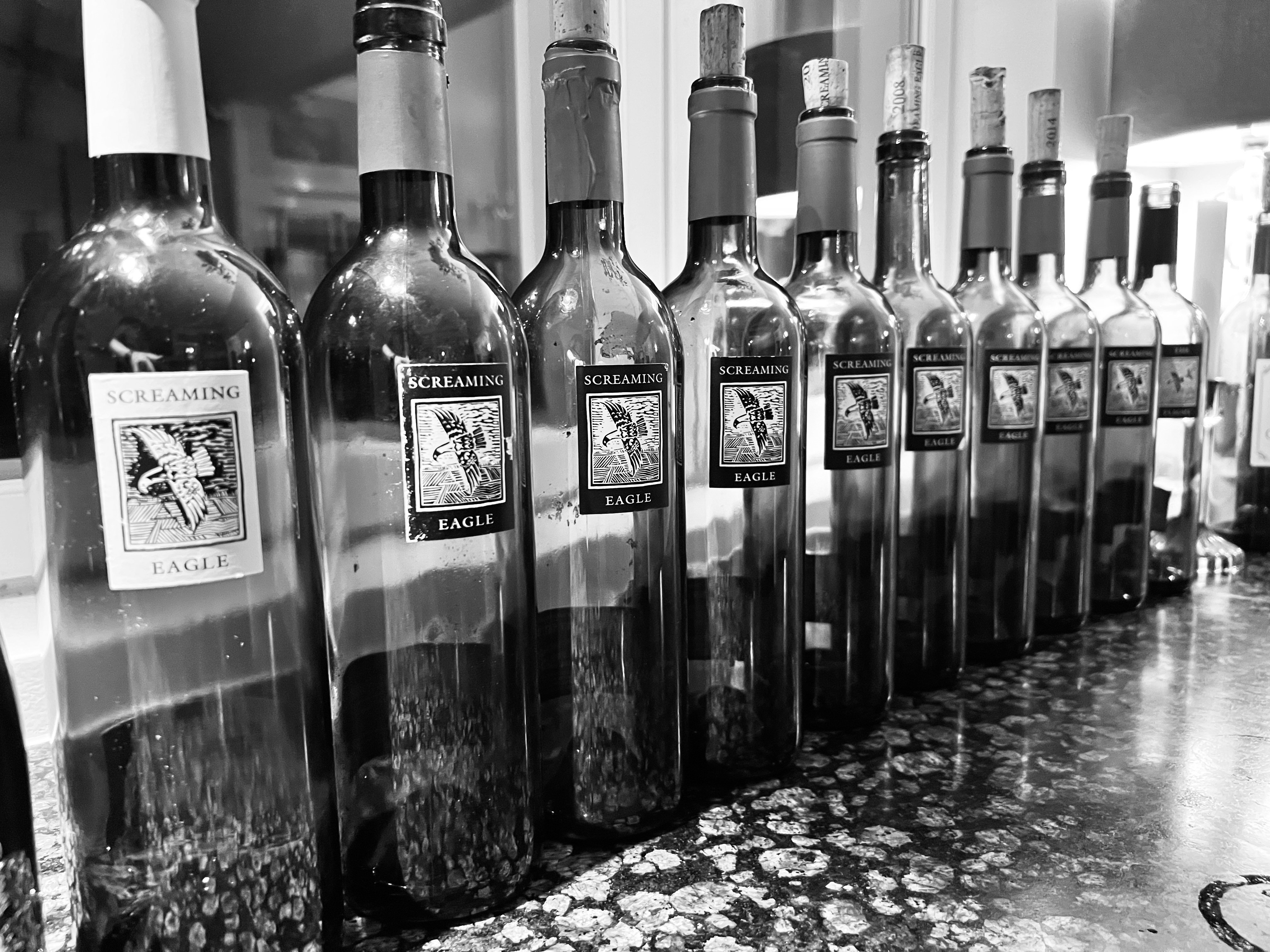A Vertical of Legends
Tastingbook’s Screaming Eagle 1997–2020 Tasting
When Tastingbook.com assembled one of the most comprehensive tastings of Screaming Eagle ever conducted outside the estate itself, expectations were understandably high. What unfolded, however, went beyond reputation and rarity — it was a compelling demonstration of consistency, restraint, and timeless excellence across more than two decades.
The tasting spanned 15 vintages, from the iconic 1997 to the youthful 2020, including both Cabernet Sauvignon–based wines and the estate’s rare Sauvignon Blanc bottlings. The results were striking not only for their quality, but for their remarkable uniformity at the very highest level.
